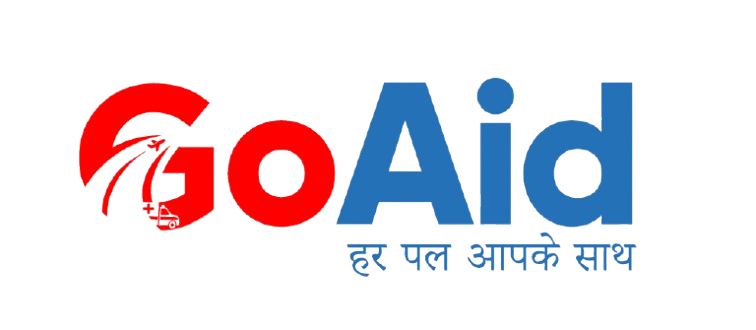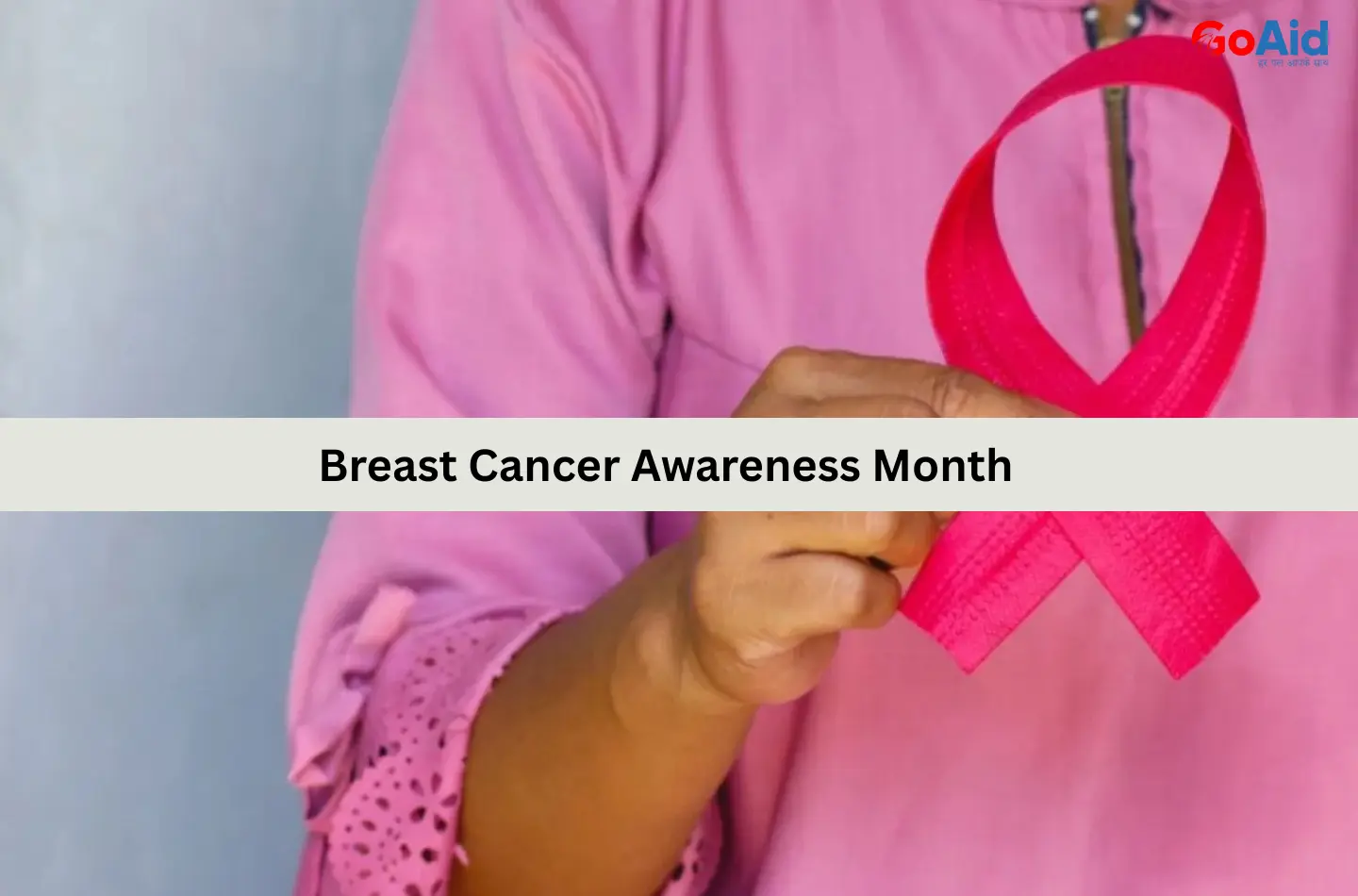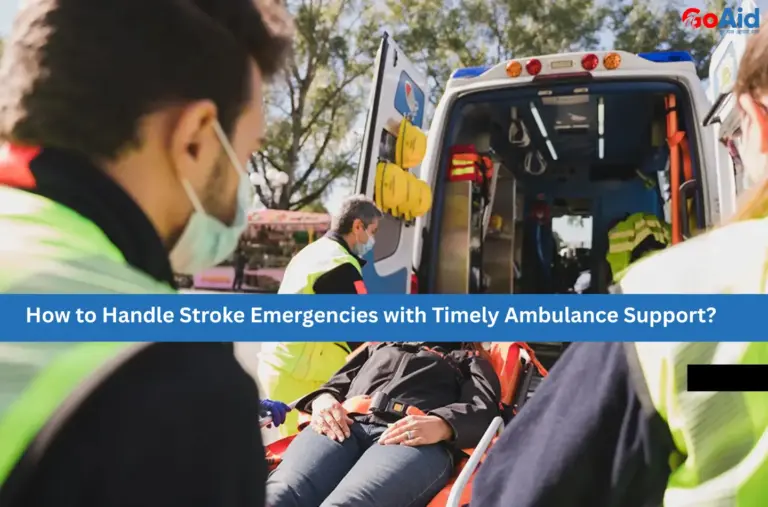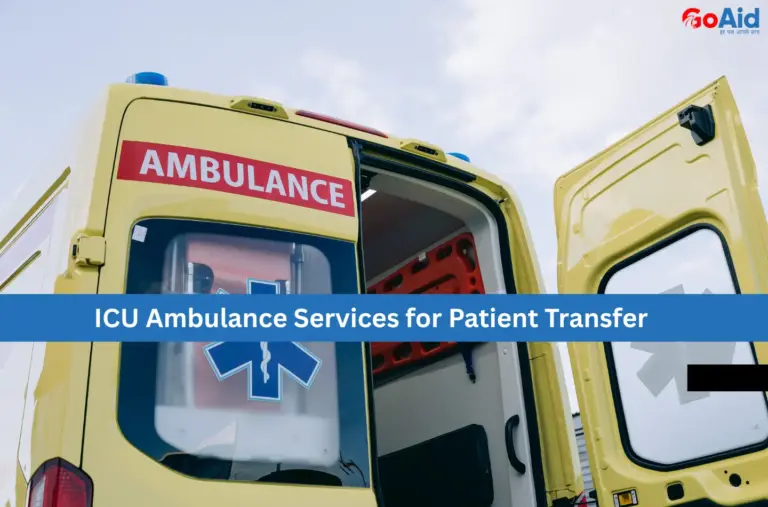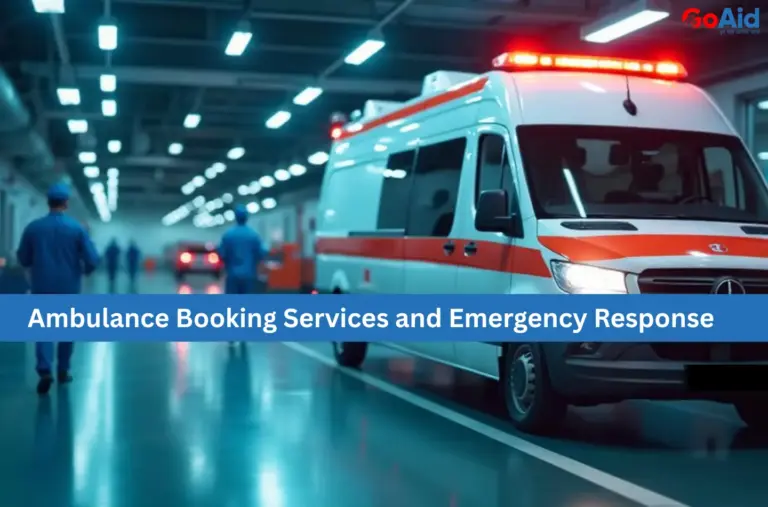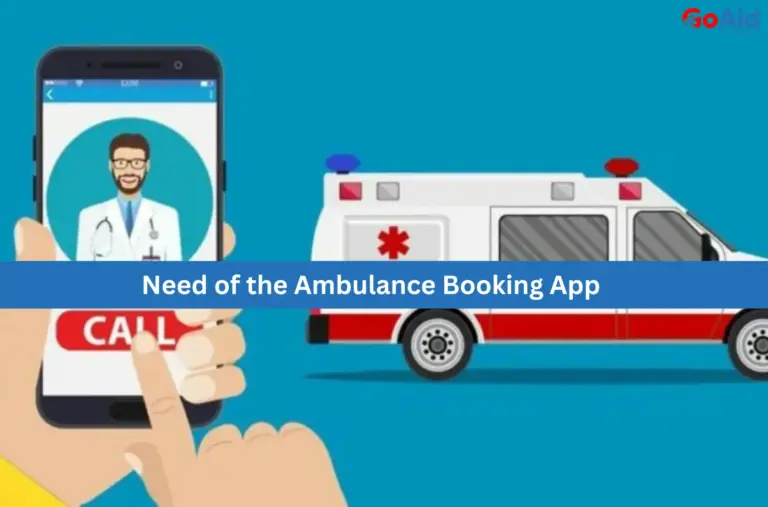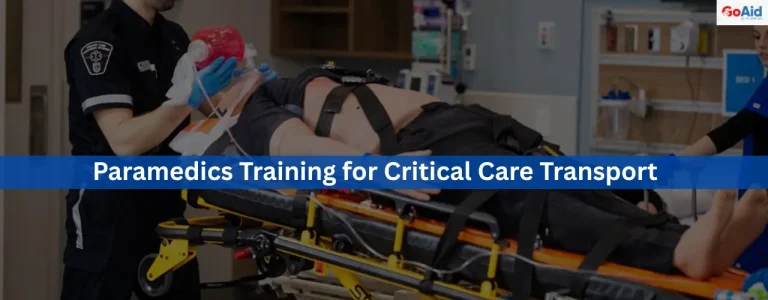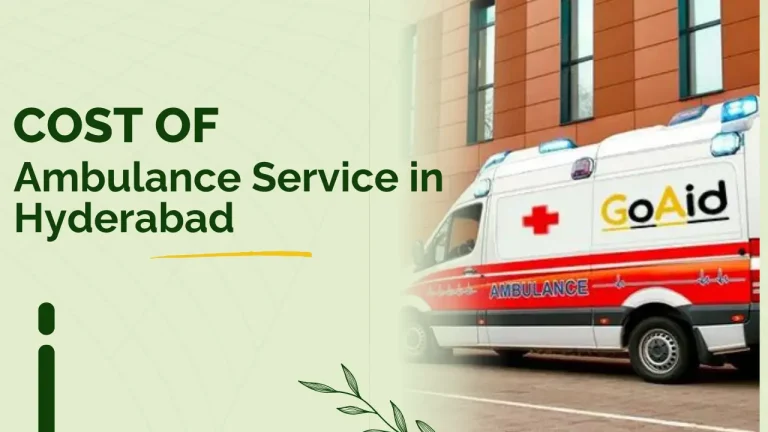In India, where breast cancer cases are rising steadily, awareness campaigns play a crucial role in saving lives through education and early diagnosis. Breast Cancer Awareness Month is observed every October to educate and support those affected by breast cancer. This month encourages individuals and organizations to unite in spreading awareness, which promotes screenings and funding research for a cure.
In this blog, we are providing you with the information about 6 Things You Should Know About Breast Cancer, such as symptoms, major risk factors, and treatment options. Also, about
GoAidŌĆÖs Role in Promoting WomenŌĆÖs Health and Cancer Awareness. Are you interested in reading about it? If yes, then why wait
LetŌĆÖs start reading
Common Symptoms and Early Warning Signs to Watch For
Early identification of breast cancer symptoms can make a life-saving difference. It is important to recognize subtle changes in your breasts, this helps to ensure early medical intervention and timely treatment. Here are key signs to look out for:
- Lump or Thickening: A painless lump or hard mass in the breast or underarm is one of the earliest warning signs.
- Breast Pain: Persistent pain or tenderness in the breast area should not be ignored, especially if it doesnŌĆÖt change with the menstrual cycle.
- Nipple Discharge: Unusual discharge, especially bloody or clear fluid, can be a symptom of breast cancer.
- Skin Changes: Redness, dimpling, or puckering of the breast skin may indicate underlying tumor growth.
- Change in Breast Size or Shape: Noticeable swelling or shrinking of one breast could be a sign of an abnormality.
- Nipple Retraction: If the nipple suddenly turns inward, it may be due to tissue changes caused by a tumor.
- Swelling or Lumps in the Armpit: Cancerous cells can spread to nearby lymph nodes, causing swelling under the arm.
Major Risk Factors That Increase Breast Cancer Chances
Certain factors can elevate the likelihood of developing breast cancer. While some risks are beyond control, lifestyle choices and awareness can help lower them significantly. Here are the major risk factors:
- Age: The risk of breast cancer increases as women get older, particularly after age 40.
- Genetic Mutations: Inherited mutations in genes like BRCA1 and BRCA2 significantly raise cancer risk.
- Family History: Having close relatives with breast cancer increases oneŌĆÖs own risk.
- Hormonal Imbalance: Prolonged exposure to estrogen, especially through hormone therapy, can contribute to cancer growth.
- Unhealthy Lifestyle: Smoking, alcohol consumption, and poor diet can increase susceptibility to breast cancer.
- Obesity: Excess body fat can elevate estrogen levels, promoting cancer cell development.
- Lack of Physical Activity: Sedentary lifestyles reduce metabolism and immunity, increasing overall cancer risk.
Importance of Early Detection and Regular Screening
Early detection is the cornerstone of effective breast cancer treatment and survival. When diagnosed in the initial stages, breast cancer can be treated successfully with minimal complications. Regular mammograms, self-examinations, and clinical checkups play a vital role in identifying abnormalities before symptoms appear.
Women over 40 are strongly advised to undergo annual screenings, while those with a family history should start even earlier. Awareness about early signs, combined with timely testing, not only reduces mortality but also boosts recovery chances.
Breast Cancer Awareness Month reminds everyone that early detection saves lives and empowers women to make informed health decisions through continuous education and screening drives.
Treatment Options and Hope for Recovery
Breast cancer treatment depends on its stage, type, and the overall health of the patient. Modern medicine offers several advanced and effective approaches for recovery:
- Surgery: Removes cancerous tissue through lumpectomy or mastectomy, depending on the tumorŌĆÖs size and spread.
- Radiation Therapy: Uses high-energy rays to destroy remaining cancer cells after surgery.
- Chemotherapy: Involves powerful drugs to kill cancer cells or stop their growth.
- Hormone Therapy: Blocks hormones like estrogen that help cancer cells grow.
- Targeted Therapy: Focuses on specific genes or proteins that promote cancer cell growth.
- Immunotherapy: Boosts the bodyŌĆÖs immune system to fight cancer cells more effectively.
- Lifestyle Support: Balanced diet, exercise, and counseling improve recovery and emotional well-being during treatment.
How You Can Support Breast Cancer Awareness Month
Breast Cancer Awareness Month is about spreading hope, knowledge, and compassion. You can make a difference by participating in awareness walks, donating to cancer research, or volunteering for screening camps.
Educate others about breast cancer symptoms, prevention, and the importance of early detection. Encourage women to schedule regular mammograms and perform self-examinations. Wear pink ribbons to show solidarity with survivors and those currently fighting cancer.
Businesses and organizations can host awareness drives to reach a wider audience. Every small effort contributes to saving lives and fostering a supportive community that champions womenŌĆÖs health and cancer prevention. Together, we can make awareness the first step toward a cancer-free future.
GoAidŌĆÖs Role in Promoting WomenŌĆÖs Health and Cancer Awareness
GoAid is committed to empowering women with timely healthcare access and spreading awareness about breast cancer through education and emergency support initiatives.
- Emergency Ambulance Support: GoAid ensures quick ambulance access for women in cancer-related emergencies.
- Health Awareness Drives: Organizes campaigns promoting Breast Cancer Awareness Month nationwide.
- Screening Assistance: Supports early detection programs in urban and rural areas.
- Women-Centric Care: Provides compassionate ambulance and healthcare services for female patients.
- 24/7 Medical Response: Offers round-the-clock ambulance assistance for critical cases.
- Collaboration with Hospitals: Partners with healthcare institutions for awareness and treatment programs.
- Community Education: Spreads knowledge about breast cancer prevention and the importance of regular checkups.
Conclusion to the Breast Cancer Awareness Month
Breast Cancer Awareness Month reminds us that awareness, early detection, and support can save countless lives. With initiatives like GoAidŌĆÖs women-focused healthcare programs, India is moving closer to a healthier future. LetŌĆÖs continue to educate, encourage screenings, and stand united in the fight against breast cancer because awareness truly saves lives.
FAQs related to Breast Cancer Awareness Month
Question 1: What is Breast Cancer Awareness Month?
Answer: ItŌĆÖs an annual campaign in October dedicated to spreading awareness about breast cancer, its prevention, symptoms, and the importance of early detection.
Question 2: What are the early symptoms of breast cancer?
Answer: Early symptoms include lumps in the breast, nipple discharge, skin dimpling, redness, or changes in breast shape and size.
Question 3: Why is early detection important in breast cancer?
Answer: Early detection increases treatment success rates and significantly improves survival chances through timely medical intervention.
Question 4: How can I support Breast Cancer Awareness Month 2025?
Answer: Participate in awareness events, share educational resources, encourage screenings, and support organizations working toward cancer prevention and treatment.
Question 5: What are the main causes of breast cancer?
Answer: Causes include genetic factors, hormonal imbalance, obesity, unhealthy lifestyle, and prolonged exposure to radiation or chemicals.
Question 6: How is GoAid contributing to Breast Cancer Awareness in India?
Answer: GoAid promotes awareness through campaigns, provides emergency ambulance services, and supports womenŌĆÖs health through community initiatives and partnerships with hospitals.
